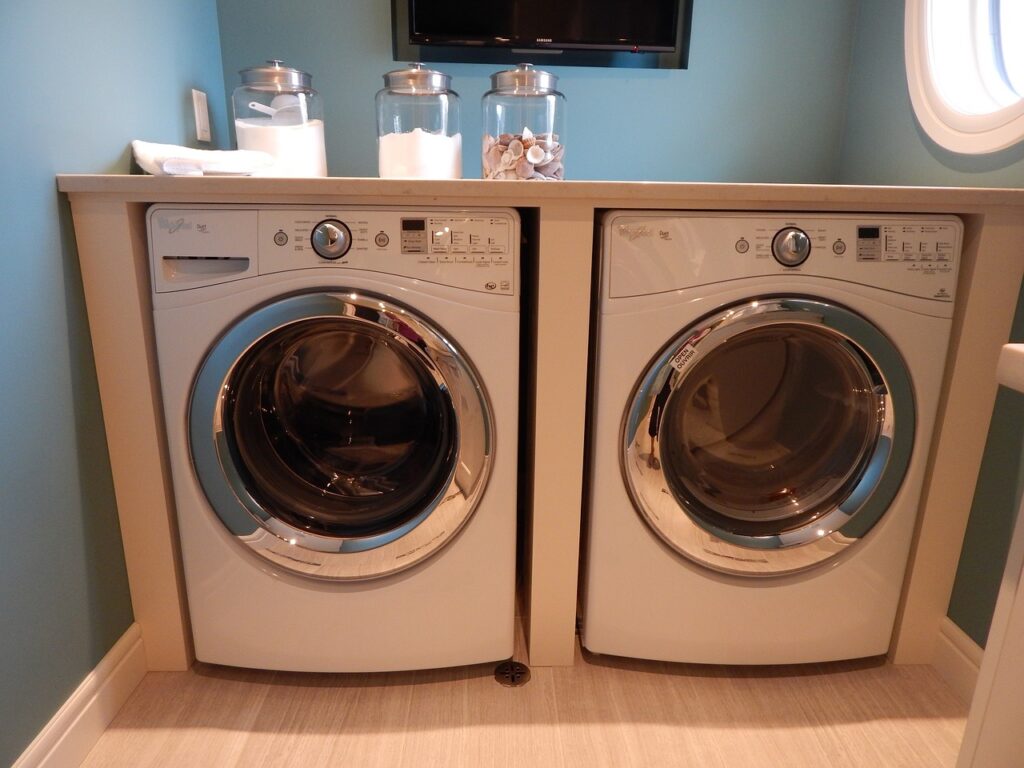We’ve all been there – the laundry piles up, and you’re tempted to stuff your washing machine to its brim. While it might seem like a time-saving strategy, overfilling your washing machine can lead to a host of problems that might leave you with more headaches than clean laundry.
Firstly, overloading strains the machine’s motor and bearings, leading to premature wear and tear. This can result in costly repairs or the need for a replacement. Additionally, cramming too many clothes prevents proper water and detergent circulation, leading to uneven cleaning. You might find detergent residue or even soapy streaks on your clothes.
Moreover, overloading reduces the effectiveness of rinsing and spinning cycles. This means detergent and grime might not be completely rinsed out, leaving your clothes dingy and less fresh-smelling. Also, heavy loads may cause the drum to become imbalanced during the spinning cycle, causing excessive vibrations and noise.
For the sake of your washing machine’s longevity and your laundry’s cleanliness, it’s crucial to follow the manufacturer’s guidelines for load capacity. Opt for multiple smaller loads if necessary, ensuring proper cleaning, rinsing, and spinning. By treating your machine with care, you’ll save money on repairs and replacements while maintaining the quality of your clothes.

